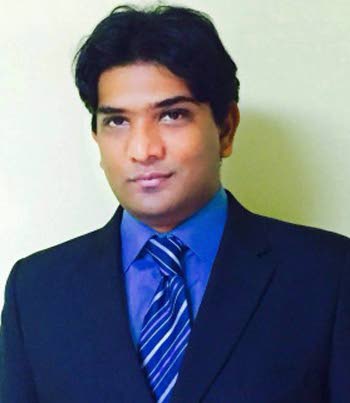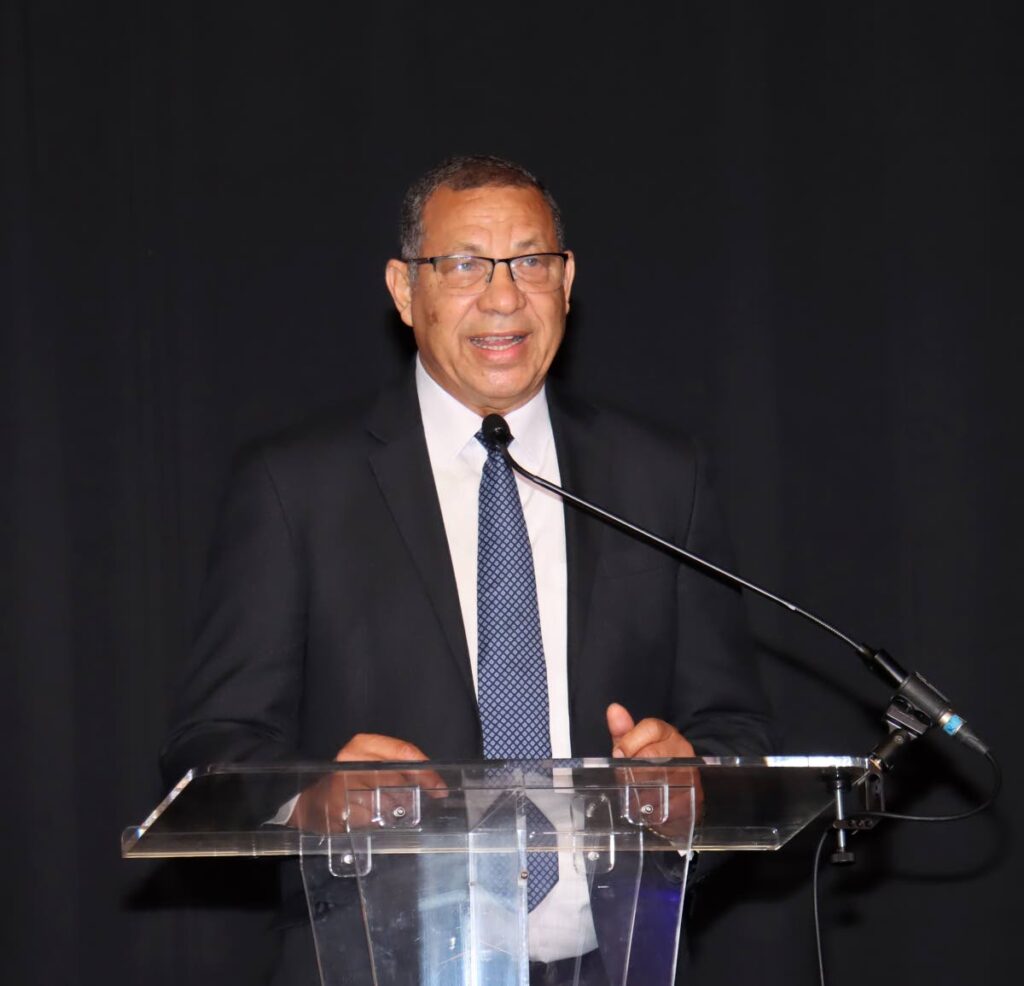Economists: SoE will have an impact on economy

UWI economist Dr Vaalmiki Arjoon says the declaration of a state of emergency (SoE) on December 30 to deal with gang-related killings and the proliferation of illegal firearms is welcome.
But he also said the absence of a curfew does not mean the SoE will not have some effect on the economy.
He made these comments on December 30 in response to a proclamation by President Christine Kangaloo declaring an SoE and comments about it by acting Attorney General Stuart Young and National Security Minister Fitzgerald Hinds at a subsequent news conference.
In the briefing, Young said there will be no curfew and government had taken careful steps to ensure the economy continues to function as normal while the SoE is in effect.
He said further details would be provided in the SoE regulations later in the day.
In a statement, Arjoon said the escalation of criminal activities to alarmingly high levels is threatening the country’s economic stability and long-term growth prospects.
“In this context, the SoE is a necessary and welcome measure.”
Arjoon said elements of the SoE such as heightened police presence and proactive efforts to curb the entry and use of illegal firearms should have been implemented long ago to mitigate the growing threats.
He expected criminal activities will be reduced during the SoE.
“These results must not be temporary but rather sustained through long term-strategies to ensure that the progress made in curbing criminal activities during the SoE is not squandered.”
Arjoon warned if this does not happened, the risk of crime resurgence is real.
“As is stands, the current spate of violent crime has eroded consumer and business confidence.”
Arjoon said the decision not to implement a curfew along with the SoE in order to maintain economic activities is commendable. But even with no curfew, the impact of the SoE on businesses could vary significantly.
“On one hand, some businesses may opt to operate as usual, taking advantage of the opportunity to keep their doors open.”
However, Arjoon continued, in a crime-ridden environment, many businesses may err on the side of caution, choosing to close earlier or scale back operations to mitigate potential risks associated with violent crime flare-ups.
He said consumer behaviour is likely to reflect similar concerns “with many customers choosing to stay home due to safety fears and the overall tension of living under an SoE.”
This could lead to a notable decline in sales, affecting business profitability and, by extension, government revenue from taxes on income and profits.
Arjoon asked how the SoE would affect the upcoming Carnival period. He said this period is a cornerstone for the tourism industry and “the potential economic implications of crime and the SoE are particularly concerning.”
Tourism is highly sensitive to perceptions of safety.
“International media coverage highlighting the SoE and gang violence could deter some prospective visitors from attending."
Arjoon said locally, some participants may also scale back their involvement, especially if the SoE remains in place for an extended period.
“Such developments would undermine a critical period for tourism revenues, which not only contribute to foreign-exchange earnings but also support a wide range of businesses, from hospitality to retail.
“Preserving public confidence and swiftly restoring a sense of security will be essential to mitigate these risks and safeguard the economic benefits of the Carnival season.”
The high crime rate, he said, has not only encouraged much disinvestment from the private sector but has also tarnished TT’s reputation as a stable destination for foreign direct investment.
“Potential investors may perceive the risks associated with operating in a high-crime environment, not only violent crimes but also corruption, and disruption of operations, as outweighing the benefits.
“This deters the inflow of capital necessary for industrial expansion, technological upgrades, infrastructure development and overall economic prosperity.”
He repeated that while the SoE is necessary, it is not likely to re-engender any confidence and remove uncertainty, unless its benefits are long-lasting.

In a WhatsApp comment, former minister in the ministry of finance Mariano Browne said, “Outcomes matter. So far nothing has worked. The public wants action and demonstrable results.”
He did not believe an SoE would get illegal firearms off the streets.
“Concerted action by police and border protection agencies will.”
Browne added this is an election year.
“What is the definition of success that will lead to a lifting of the SoE? How long will that take?”
In a statement, former trade and industry minister Vasant Bharath said, “This 11th-hour declaration of a state of emergency does not inspire confidence. It reeks of political expediency rather than a well-thought-out strategy to protect citizens.”
While an SoE may temporarily suppress criminal activities, he said, it does not resolve systemic issues like corruption, inadequate policing, lack of economic opportunities or the breakdown of trust in law enforcement and the Judiciary.
“It is a short-term plaster on a festering wound caused by years of institutional degradation.”
Neither Browne nor Bharath commented on any potential economic consequences of the SoE.

Comments
"Economists: SoE will have an impact on economy"